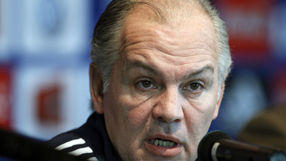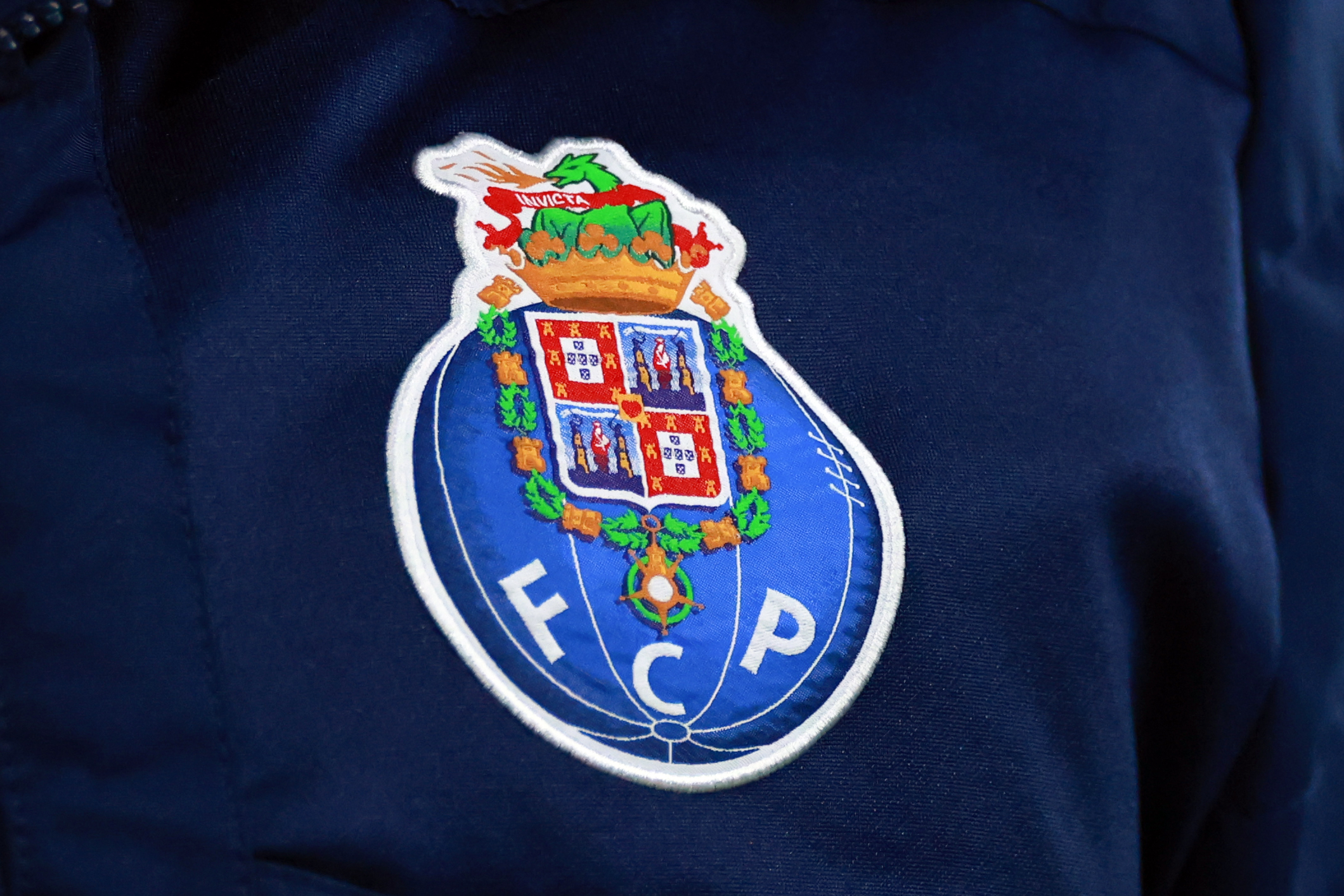
Now, 33 years later, he has followed the football great into the position of Argentina's World Cup coach following the sacking of Sergio Batista, who beat him to the role in 2010 after Maradona left but failed to deliver the Copa America last month.
Both were skilled players but there any similarity ends between the outspoken and volatile Maradona and the 56-year-old Sabella, a quiet and patient tactical thinker.
Sheffield United manager Harry Haslam visited Argentina in the late 1970s hoping to sign the young Maradona for his club, then in the English second division.
When Maradona turned out to be too expensive, Haslam looked elsewhere and took Sabella, then overshadowed by Norberto Alonso at River Plate.
Sabella, whose move coincided with the far more heralded transfer of 1978 World Cup winners Osvaldo Ardiles and Ricardo Villa to Tottenham Hotspur, spent three seasons in England.
He earned a move to first division Leeds United but the player whose slow pace had earned him the nickname Pachorra - sloth, or slowcoach in Argentine slang - was unable to complement his fine ball skills with the rigours of the English game.
A move back to Argentina sparked his long and far more successful association with Estudiantes de La Plata.
The best features, fun and footballing quizzes, straight to your inbox every week.
He was signed by Carlos Bilardo - who would go on to become Argentina's 1986 World Cup winning coach with the help of Maradona's genius - and together they won two Argentine league titles with Estudiantes.
COACHING CREDENTIALS
Sabella won a handful of caps under Bilardo before re-emerging in the mid-1990s as an assistant coach to former River Plate team mate Daniel Passarella with Argentina's 1998 World Cup side.
This experience stood him in good stead when he took his first and only job as head coach at Estudiantes in March 2009.
Sabella, an unassuming but intelligent coach, steered Estudiantes to their fourth South American Copa Libertadores title with the help of one of the club's greatest players, Juan Sebastian Veron, upsetting Cruzeiro in the second leg of the final in Brazil.
Estudiantes played Barcelona in the Club World Cup final in Abu Dhabi in December 2009 and led 1-0 until the 88th minute before conceding an equaliser and losing 2-1 in extra-time.
In the Argentine league championship, Sabella's Estudiantes were second in the 2009/10 Clausura championship before winning the Apertura in the first half of the 2010/11 season last December.
Then Sabella suddenly quit, days before the start of the Clausura in February, apparently due to differences with the club board over new signings though the exact reasons were never publicised.
However, Estudiantes' loss will be Argentina's gain if Sabella can do what Maradona failed to in South Africa last year and turn some of the world's most talented players into a team and win another major trophy in Brazil - the 2014 World Cup.
 Join The Club
Join The Club





